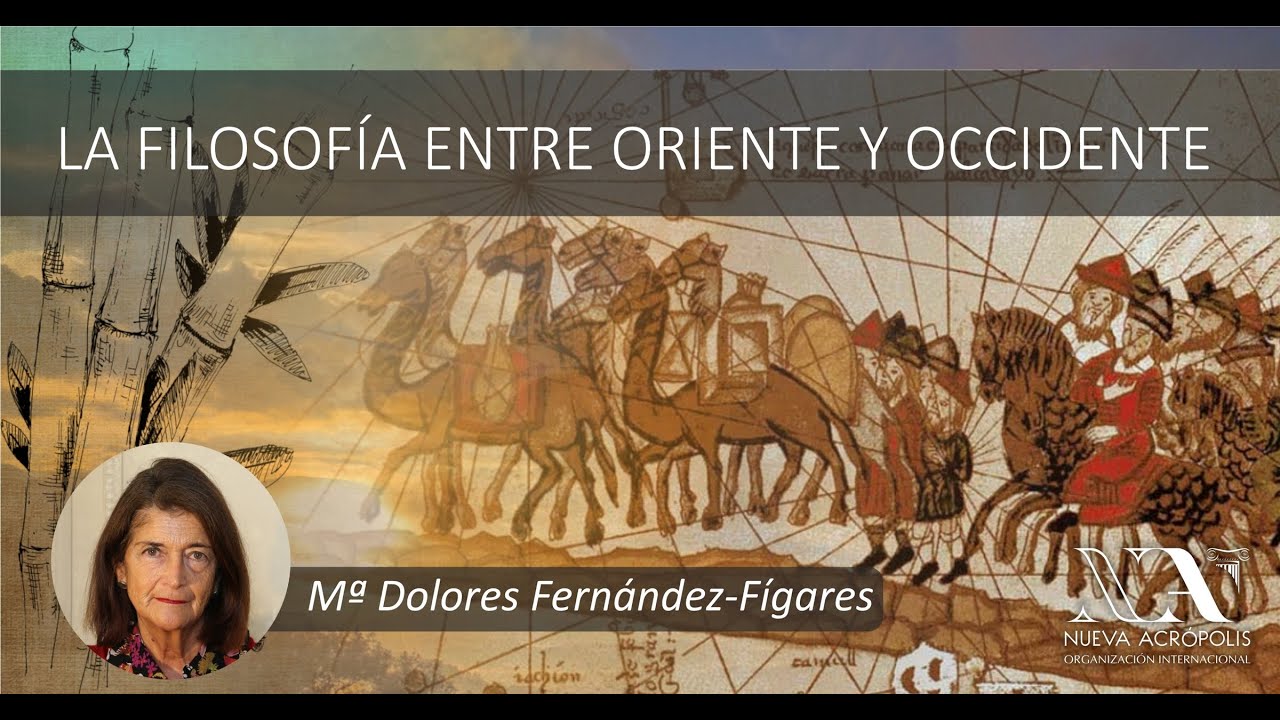Clóvis de Barros Filho ➢ A Maior Lição de JESUS
Summary
TLDRThe video discusses the philosophical transition from Greek thought, represented by Aristotle, to the spiritual teachings of Jesus. It contrasts Aristotle's subversive role in Greek academia with Jesus' revolutionary message in Judaism, emphasizing love and selflessness. The speaker highlights how Jesus taught that a fulfilling life is one dedicated to others. Personal anecdotes illustrate this message, such as the speaker’s willingness to sacrifice for his daughter during a serious illness. The talk concludes with the idea that true happiness comes from helping others, a lesson drawn from Jesus' teachings.
Takeaways
- 🧠 Greek philosophy, represented by Aristotle, eventually gave way to a new way of thinking about life, led by Jesus Christ.
- 🙏 Jesus, a spiritual leader from Nazareth, offered a revolutionary message about the meaning of life, centered on love and selflessness.
- 💡 Aristotle was a subversive in the Greek academy, while Jesus was a subversive in Judaism, challenging established beliefs in their respective cultures.
- ❤️ Jesus taught that a life worth living is one that is dedicated to the well-being of others, contrasting with a focus on personal gain or power.
- 👨👧 The speaker shares a personal story about their daughter Natália, who battled a serious illness, demonstrating the depth of parental love and selflessness.
- 🤲 The idea that love, particularly for others, holds more value than life itself is emphasized through the speaker's willingness to sacrifice for their daughter.
- 💪 Acts of heroism and self-sacrifice, such as those seen in disasters, exemplify the profound impact of caring for others over self-preservation.
- 👨🏫 The speaker, a professor, relates this message to their profession, seeing teaching as an act of dedication to the growth and success of others, much like Jesus' teachings.
- 🎓 The speaker believes all professions, including teaching, medicine, and others, can follow this principle of selflessly serving others.
- 🎯 Success in work, according to the speaker, is not about personal wealth but about making a positive difference in the lives of those who rely on you.
Q & A
Who were Aristotle and Jesus according to the script?
-Aristotle was a Greek philosopher who studied at Plato’s Academy, while Jesus was a Jewish spiritual leader born in Nazareth, 350 years after Aristotle. Both were seen as subversive figures, Aristotle in the Academy and Jesus in Judaism.
What does the speaker describe as Jesus’ most impactful teaching about life?
-The speaker explains that Jesus taught the most valuable life is one that is selflessly dedicated to others, in contrast to the common belief that success is about personal gain, wealth, and comfort.
How does the speaker illustrate the idea of sacrifice in relation to Jesus' teachings?
-The speaker shares a personal story about his daughter’s illness and how he wished to take her place in suffering, highlighting that love and self-sacrifice, as taught by Jesus, are more valuable than life itself.
What is the significance of the ‘filet mignon’ metaphor in the script?
-The ‘filet mignon’ metaphor refers to the highest quality or most valuable part of life, which, according to Jesus, is the life devoted to helping others, not personal success or wealth.
How does the speaker relate Jesus’ teachings to everyday life situations?
-The speaker gives examples of people risking their lives to help others in various disasters, like the nightclub fire in Santa Maria, and how these actions align with Jesus’ principle of selfless love.
What personal lesson does the speaker learn from his daughter's illness?
-The speaker learns that love and the well-being of his daughter are more important to him than his own life, which reflects Jesus' teaching that self-sacrifice for others is the ultimate value.
How does the speaker describe his profession as a university professor in relation to Jesus’ teachings?
-The speaker describes teaching as a selfless profession dedicated to the growth of students, aligning with Jesus' teachings that a life dedicated to others is the most fulfilling.
What does the speaker mean by ‘working is breaking a branch for someone’?
-The speaker means that work, regardless of the profession, is about helping others in need, using expertise and dedication to improve their lives, rather than focusing solely on personal gain.
How does the speaker view the relationship between success in work and helping others?
-The speaker believes that true success in work comes from helping others and bringing joy and security to their lives, not just achieving financial success or expanding one's business.
How does the speaker connect Jesus' lessons to both personal and professional life?
-The speaker connects Jesus’ lessons to personal life through family love and sacrifice, and to professional life by emphasizing that meaningful work comes from selflessly serving others, which can bring deeper fulfillment than financial rewards.
Outlines

This section is available to paid users only. Please upgrade to access this part.
Upgrade NowMindmap

This section is available to paid users only. Please upgrade to access this part.
Upgrade NowKeywords

This section is available to paid users only. Please upgrade to access this part.
Upgrade NowHighlights

This section is available to paid users only. Please upgrade to access this part.
Upgrade NowTranscripts

This section is available to paid users only. Please upgrade to access this part.
Upgrade NowBrowse More Related Video

Aula Filosofia - Introdução a Aristóteles - STOODI

La Filosofía entre Oriente y Occidente. María Dolores Fernández Fígares

Sejarah Perkembangan Ilmu Pengetahuan

Introdução a Filosofia na Antiguidade: nascimento da Filosofia (Parte 2).

FILOSOFIA DO DIREITO

A REVOLUÇÃO de JESUS e SUA INFLUÊNCIA na GRÉCIA! - CLÓVIS DE BARROS e ILAN BRENMAN
5.0 / 5 (0 votes)